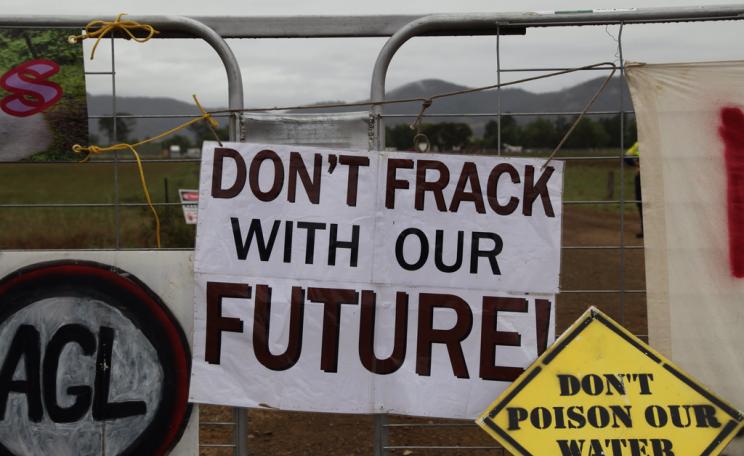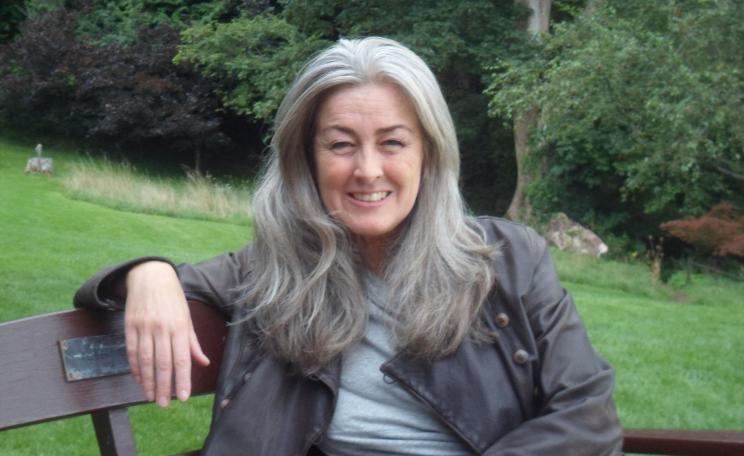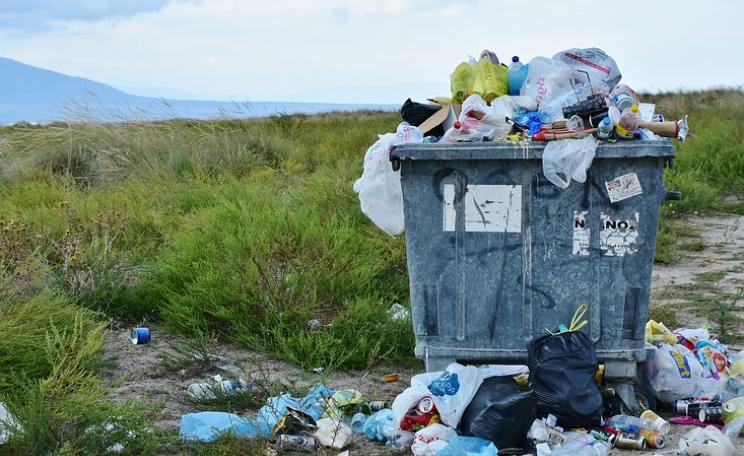Last night, something happened. Three strong, confident, female, and intensely human voices of opposition to 'mainstream politics' spoke out on equal terms to the 'grey four', setting out a positive new agenda of a Britain for people.
I suppose it was predictable - but it was nonetheless remarkable to see, played out live on the nation's TV screens.
Last night, a new politics for Britain was born as three women, the party leaders of the SNP, the Greens and Plaid Cymry, coalesced around a common progressive political agenda - and emerged the clear winners.
Since Tony Blair's takeover of the Labour Party, and its re-invention as neoliberal 'New Labour', progressive politics in the UK has been effectively suppressed by the 'three party' system, enforced by our ever-vigilant right-wing media and the 'first past the post' electoral system.
Tories, Labour, Lib-Dems and now UKIP as well are united in their fundamental world view: of a Britain run in the interests of finance capital, corporations, '1%-er' wealthy individuals and the wider US-led neoliberal world order.
This is the Britain of austerity, needless military interventions around the world, nuclear weapons, 'extreme' fossil fuels, nuclear power, corporate welfarism, NHS privatization, aggressive support of 'free trade': a Britain that throws endless volumes of taxpayers funds at maintaining unjust economic structures - while ordinary people are left to pick up the meager crumbs that fall from their masters' table.
A huge yearning finds its voice
But last night, something happened. Three strong, confident, female, and intensely human voices of opposition to 'mainstream politics' spoke out on equal terms to the 'grey four', setting out a positive new agenda of a Britain for people.
They were at one in their desire for an end to the madhouse economics of austerity - whose real purpose is to effect a deep rebalancing of power in Britain away from people and the power of their labour, to capital, finance capital in particular, and those that control it.
They were united in opposing the madness of spending £100 billion on nuclear weapons with the renewal of our Trident missile system, while schools, hospitals and social care services are left crumbling and underfunded.
They shared a vision of a greener Britain, taking a lead on climate change, opposing fracking and other forms of extreme fossil energy, controlling the profiteering Big Six energy companies, and supporting a wider environmentalism and sustainable prosperity.
They expressed a new form of inclusive nationalism, in which we can be proud of being English, Welsh, Scottish or Northern Irish, but welcome outsiders and maintain compassion for refugees and migrants - challenging head on Nigel Farage's anti-foreigner tirades.
And so a new political coalition formed before our eyes, and a new national political force with a positive vision of the future for Britain and all who dwell in her.
And now, the election
Of course our enthusiasm must be tempered by a sense of reality, especially with the election taking place a little over a month from now.
Last night, something happened. Three strong, confident, female, and intensely human voices of opposition to 'mainstream politics' spoke out on equal terms to the 'grey four', setting out a positive new agenda of a Britain for people.
Nicola Sturgeon appears to be leading the SNP to a dramatic victory in Scotland, and her performance last night has only increased her chances of a near sweeping of the board of Scotland's 59 Parliamentary seats.
Plaid Cymru's Leanne Wood - a wholly new political figure to many watching last night's broadcast, also has much to celebrate. Her party currently holds just three out of Wales's 40 MPs, and that's a number that appears certain to increase thanks to her impressive role in the debate.
And in England the Green Party, led by the highly capable Natalie Bennett, is set to gain its highest-ever number of votes in a general election - and retain Caroline Lucas's Brighton seat, perhaps win a second in Bristol West, and others too, for example in Norwich.
But that will never add up to a governing coalition - at least not this time around. There is only one possible leader for a progressive government: the Labour Party's Ed Miliband. And he too had a good night last night - scoring some palpable hits on David Cameron over the NHS. But most importantly he held his own, overcoming the negative expectations that have been heaped upon him.
This creates a quandary for progressive voters - who to support in any particular consituency, each with its own unique electoral landscape? Vote Labour or Lib Dem to keep out the Tories? Vote Tory to keep out UKIP?
For myself, I agree with what Natalie Bennett said last night - that this is a time to vote for what you believe in. And if you believe in a greener, fairer, more equal and inclusive Britain, that now has to mean for the Greens, the SNP or Plaid Cymru - especially where they have a reasonable prospect of winning, but also where they do not.
Because your vote is not just a way of electing your MP, and the government that will rule us. It's also a way to express your political beliefs, state the kind of future you want for Britain and its consitutent nations, and build up a progressive politics not just in this election, but in elections to come.
A vote for what you believe in never wasted.
Oliver Tickell edits The Ecologist.







